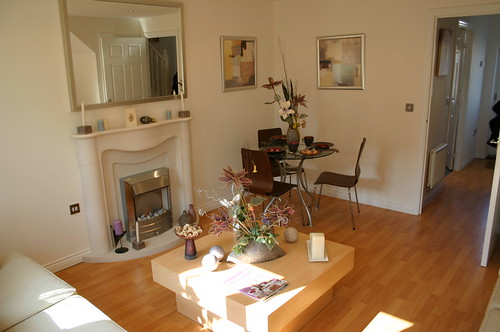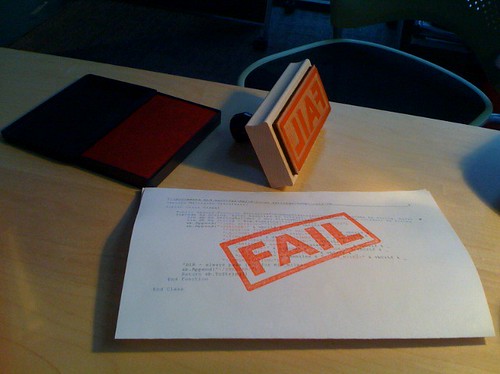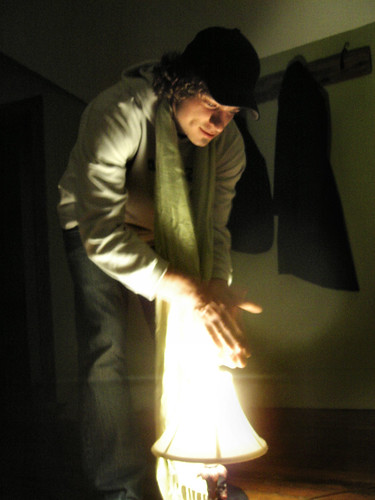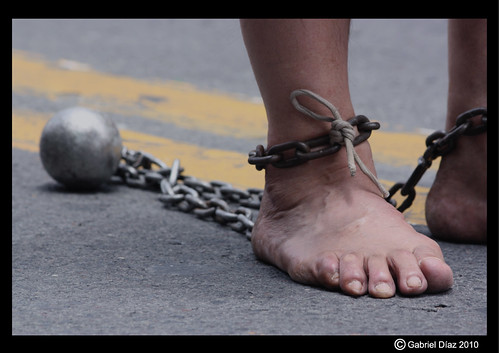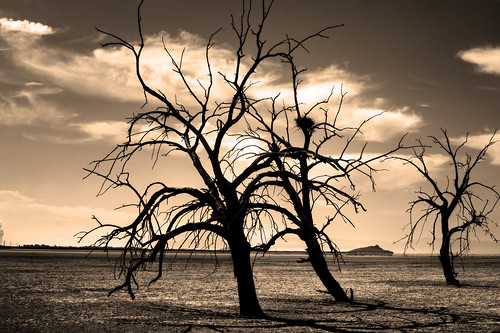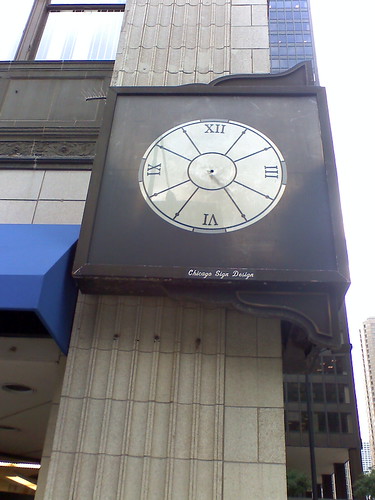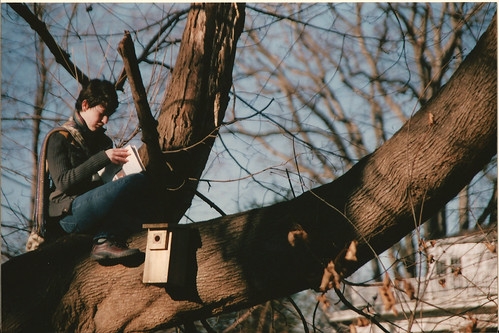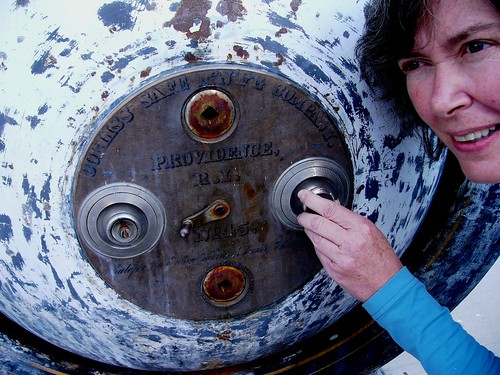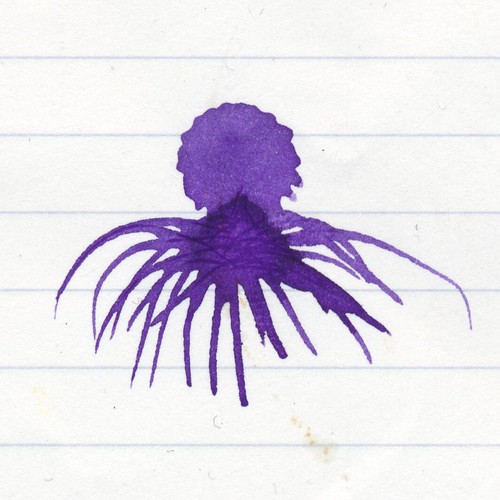They say that everyone needs something to do, someone to love, and something to look forward to.
But what if the looking forward takes over? What if you are living for the day to come, instead of the day you have?
I was reading the archives of A Cat of Impossible Colour recently and this post rang a bell with me. In fact, for a few minutes there I was a full peal of bells (except quieter).
Number four especially struck a chord – can you strike chords with bells? Students of campanology are welcome to advise.
As you are no doubt aware, I eagerly await the day when the DDJ and I can permanently part company. Among my circle of friends and acquaintances (but not workmates, for obvious reasons) I am becoming almost a joke about it.
But as Andrea Eames (A, or quite possibly The Cat of Impossible Colour) says:
“There is no magical point in the future at which everything will fall into place and be perfect. If I’m going to be happy and do the things I want to do, I have to do them now. I can’t wait for everything to be harmonious. For example, saying “I can’t possibly write a novel now, the house is a mess. I’ll wait till we move” is silly because when we move things will be in even greater chaos for a while. And then something else will come along to help me procrastinate. So my insight here is: there is no point in the future when I will be slim, fit, have perfect skin and hair, have harmonious relationships with everyone in my life, be fulfilled, happy, tidy, clean and generally perfect. It’s impossible, and striving for it will only make me anxious.”
I can’t wait for Someday, as deeply as I long for it, as much as it seems all my troubles would evaporate in the face of that dawn.
I have to live now.
I have to write now.
I have long struggled with the feeling that I have to have every other part of my life in order and under control before I can be permitted to write. Particularly the housework.
I have been getting better of late at putting the distraction of dust aside in order to use what time I have to write (although there are those who feel I may have the fulcrum of this particular balance rather too far to one end).
But the truth is that I’m never going to get all those plates to spin. My house is never going to look like this.
I remember being distressed almost to the point of tears when I was told, in my mid-teens, that adult life didn’t contain enough time for all the things you Had to do, let alone time for the things you actually wanted to do. I would still like to believe that isn’t necessarily true, but right now, that’s how it seems to be.
I do not have the time – and/or energy – to work full time, keep house, maintain relationships with friends and family near and far, deepen my spiritual life and write.
At some point I have to come to terms with being labelled a failure in some parts of my life – even if the label is only inside my own head.
And maybe it won’t always be this way. Maybe balance is waiting just past the horizon, if I just keep trying.
But I believe that I should write, and I am quite certain that almost nothing else will get me out of bed half an hour before dawn, with the frost whitening the grass and my fingers almost too numb to grip the pen.
I don’t get out of bed in the morning so I can go to a job I don’t like. I don’t get up so my house will be sparkly clean, or even a particularly nice place to be, as much as I would like it to be. I don’t get up for the Oughts.
I get up so I can write. So I can make one tiny step in the right direction. So no matter what else I achieve or don’t achieve, no matter how insignificant the constituent parts of my life may seem, I wrote. In this at least, I did not fail.
I did something that was important to me, and it may not have been much, but I did it. And I will keep doing it, even if that half hour of darkness is all I ever get. I will keep taking those tiny steps, as long as circumstances prevent me taking longer ones.
Because I can’t wait for Someday, as much as I long for it to appear.
I have to write now.
Because now is all I have.



